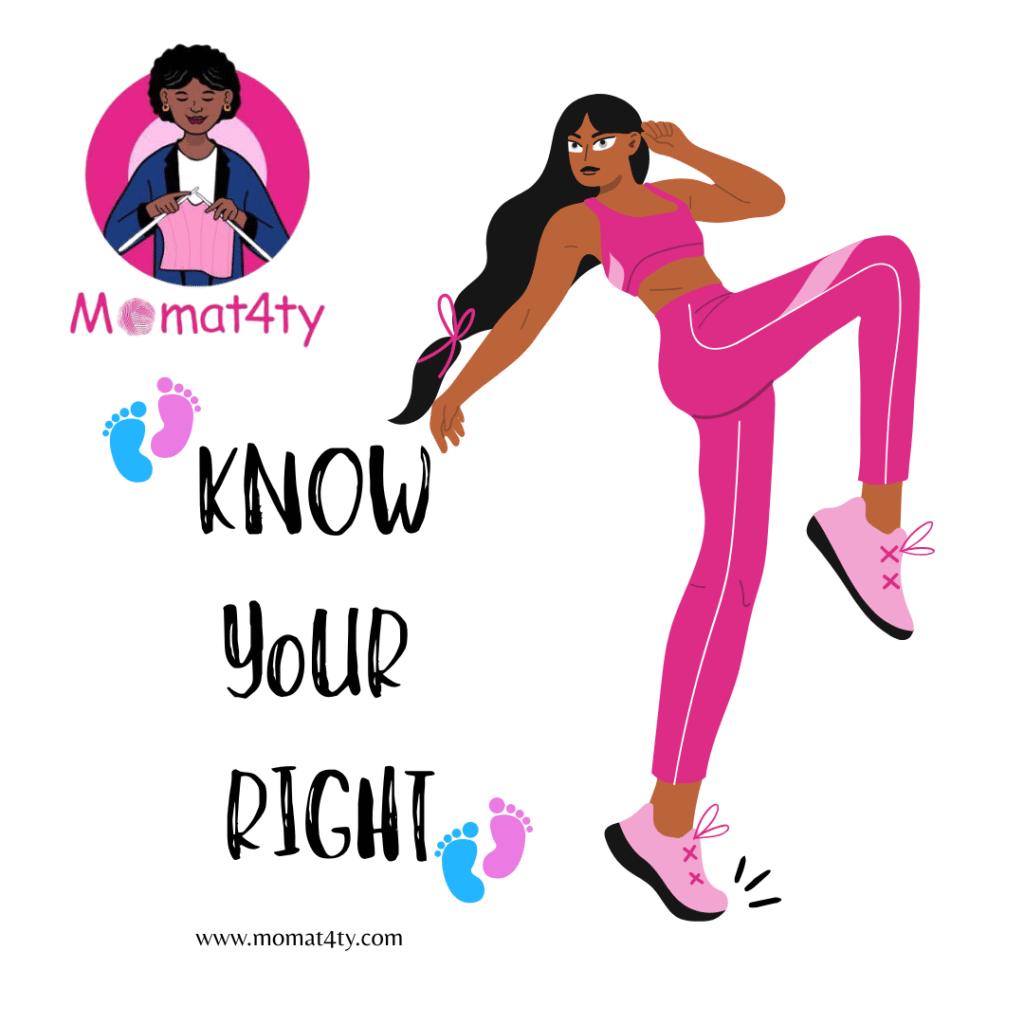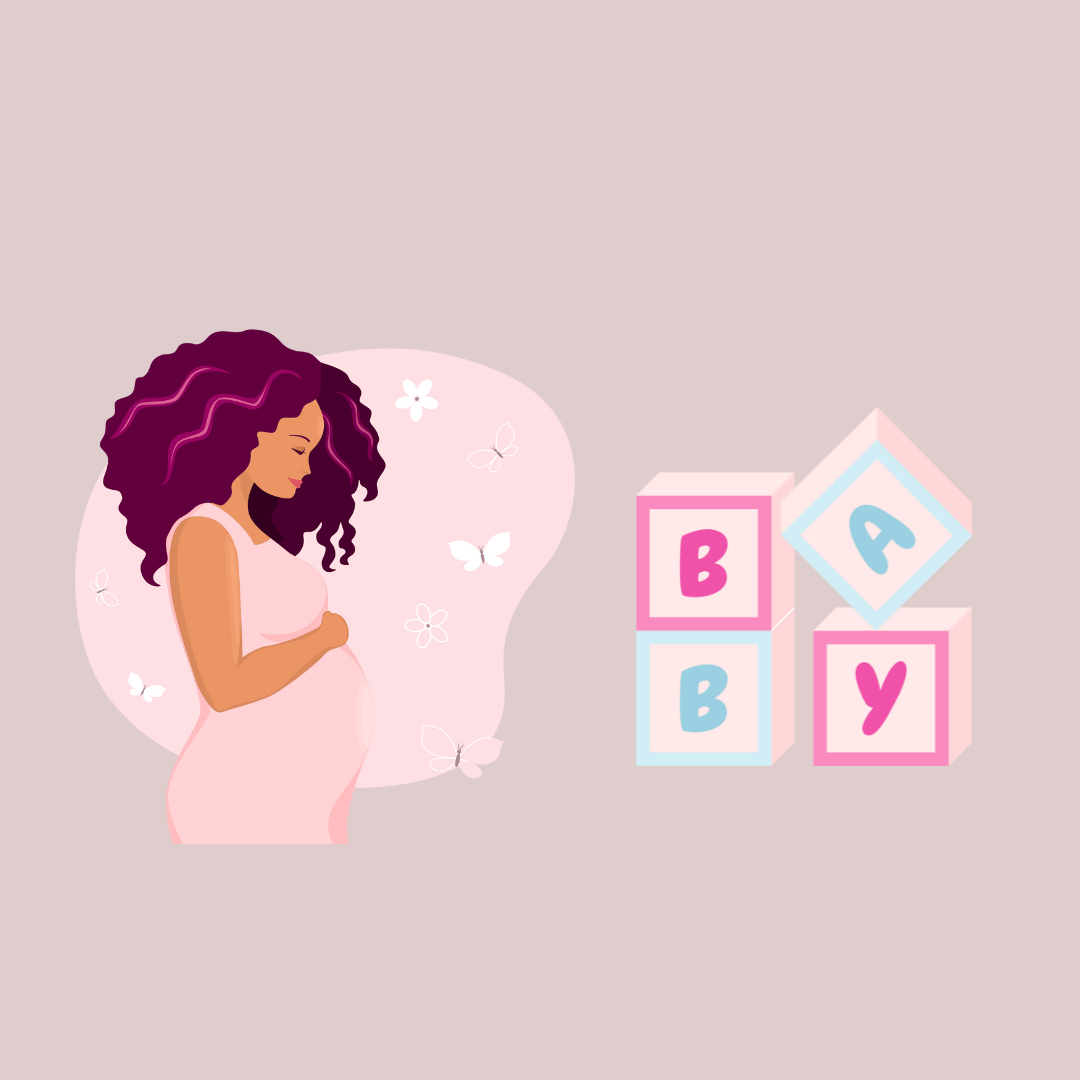Beyond 35: The True Battle of Older Motherhood in Nigeria
Motherhood is often portrayed as a journey of choice. But for countless women in Nigeria, becoming a mother after the age of 35 isn’t a deliberate decision; it’s a consequence of economic hardship and a lifetime spent simply trying to get by. This unspoken reality is at the heart of the crisis we face: poverty is not just delaying motherhood—it’s making it a life-or-death gamble.
When poverty drives the timing of pregnancy, it creates a vicious cycle. Economic instability means many women can’t afford quality healthcare, forcing them to rely on underfunded, ill-equipped hospitals. These facilities, in turn, are often unable to handle the unique health needs of older mothers, leading to a tragic and preventable surge in maternal complications.
The Unseen Risks: Why Older Mothers are So Vulnerable
The statistics are grim, and they are rooted in this system of neglect. The most critical risks we see aren’t random; they are direct results of this broken system:
- Postpartum Haemorrhage (Over-Bleeding): A mother’s body, especially after 35, may not contract as efficiently after childbirth. Without a readily available blood bank—a common reality in underfunded hospitals—this preventable condition becomes a leading cause of maternal death.
- Maternal and Infant Mortality: Lack of proper antenatal care, the high cost of monitoring, and limited access to skilled professionals all contribute to a devastatingly high rate of deaths during and after childbirth.
- Postpartum Depression: The immense pressure of financial stress, coupled with the physical trauma of a high-risk pregnancy and birth, leaves many mothers to suffer from severe depression with little to no support.

Your Power to Act: 5 Life-Saving Essentials
We can’t wait for the system to change. You must be your own strongest advocate. As a woman embarking on this journey, these are your non-negotiables for a safe birth:
- Demand Blood Availability: Before you choose a hospital or a clinic, ask them directly: “Do you have a blood bank on site, or a pre-arranged plan for an emergency blood transfusion?” If they cannot give you a clear, confident answer, you need to find another facility. This is a matter of life and death.
- Push for a Cesarean Section (CS): Do not see a C-section as a failure to give birth naturally. In a high-risk situation, it can be the safest option for you and your baby. If you feel any change in your energy or health during labour, or if your medical team seems hesitant, advocate for a C-section. Your life is not worth risking for a perceived ideal.
- Seek Mental Health Support: Post-delivery, feelings of sadness and anxiety are common. If they persist, you may be experiencing postpartum depression. Find a support system—a trusted family member, a friend, or an online community. Talking about it is the first step toward healing.
- Prioritize Consistent Antenatal Care: Even if the costs are a burden, every antenatal check-up is a chance to spot a potential complication before it becomes a crisis.
- Build Your Information Network: Don’t rely solely on your healthcare provider. Connect with other mothers, join online communities, and read every credible resource you can find. Knowledge is your most powerful tool.
A Message of Strength and Hope
To every woman navigating this path, we see your strength. Your resilience is a testament to the Nigerian spirit. We know this journey is harder for you, but it doesn’t diminish your value or your capacity to be an incredible mother. We are here to arm you with the information you need to not just survive, but to thrive.
Ready to get empowered? Follow our blog and social media channels. We are building a community where every older mother in Nigeria can find the knowledge, support, and advocacy she needs to protect her health and secure her future.

